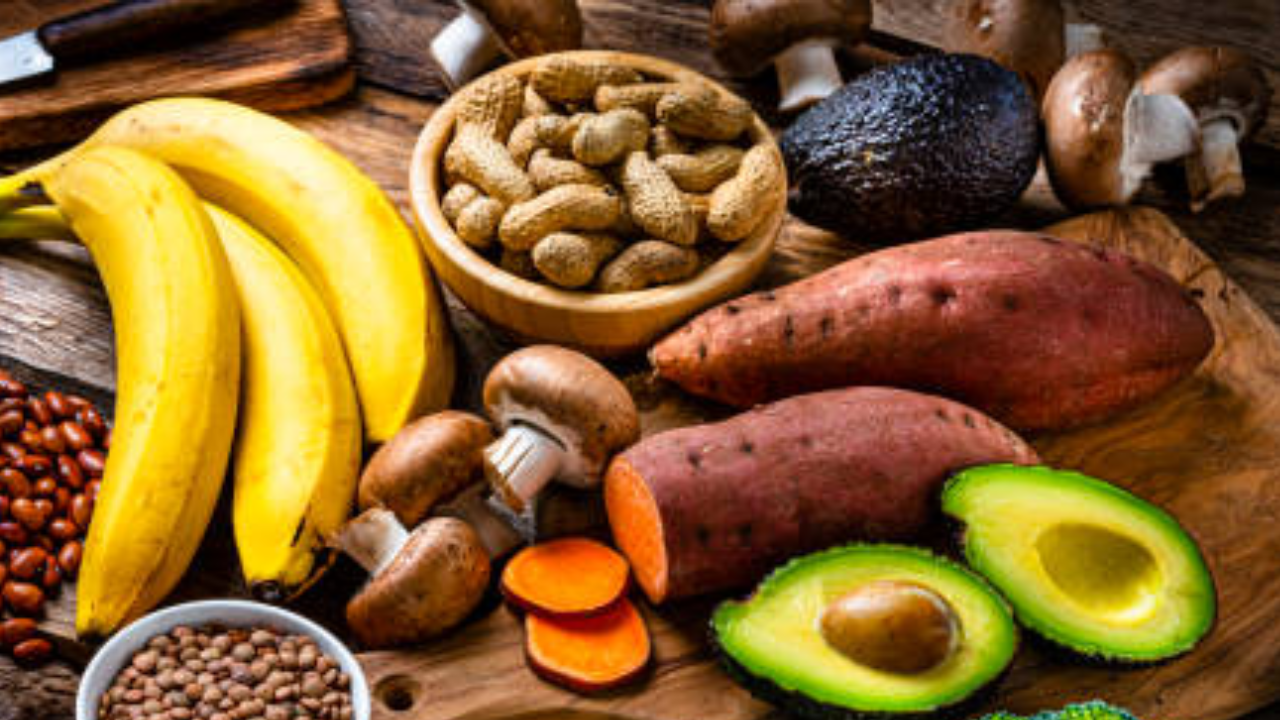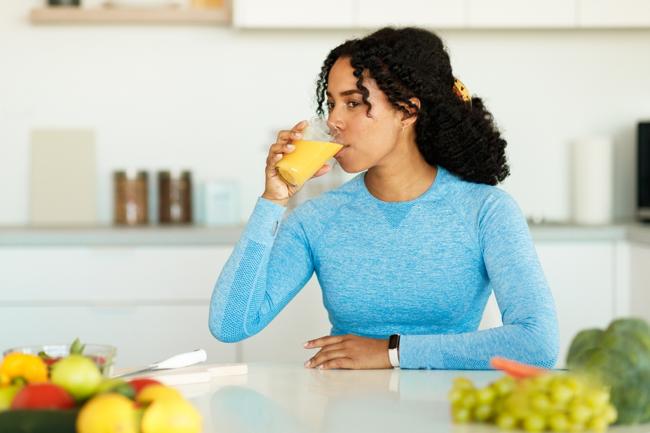Summary
Vitamin B12 is important for energy, brain function, and red blood cell production, but it’s predominantly in animal foods. This makes it a challenging nutrient for vegetarians and vegans to obtain enough of.
Source: The Times of India

AI News Q&A (Free Content)
Q1: What are some plant-based sources of Vitamin B12 suitable for vegans and vegetarians?
A1: Plant-based sources of Vitamin B12 for vegans and vegetarians include fortified foods such as plant milks, soy products, and breakfast cereals. Additionally, nutritional yeast is another popular option that is often fortified with Vitamin B12. It’s important for individuals on a plant-based diet to regularly consume these fortified foods or take a B12 supplement to meet their nutritional needs.
Q2: Why is Vitamin B12 deficiency a concern among vegetarians and vegans?
A2: Vitamin B12 deficiency is a concern among vegetarians and vegans because it is primarily found in animal products. The deficiency can lead to symptoms such as fatigue, headaches, and neurological issues, including memory problems and depression. It's crucial for those on plant-based diets to monitor their B12 intake through fortified foods or supplements to prevent deficiency.
Q3: What are the potential health implications of Vitamin B12 deficiency?
A3: Vitamin B12 deficiency can result in a variety of health issues ranging from mild to severe. These include neurological problems like memory loss, depression, and tingling in the hands and feet. Long-term deficiency can lead to irreversible nerve damage and anemia. Pregnant women and nursing mothers with a deficiency risk passing on developmental issues to their infants.
Q4: How can vegetarians and vegans ensure they are getting enough Vitamin B12?
A4: Vegetarians and vegans can ensure they are getting enough Vitamin B12 by consuming fortified foods such as cereals, plant-based milks, and nutritional yeast. Regular blood tests can also help monitor B12 levels, and supplements can be taken if dietary intake is insufficient.
Q5: What recent innovations are helping address Vitamin B12 deficiency in plant-based diets?
A5: Recent innovations include the development of B12-producing bacteria that can fortify edible plants, offering a potential solution for Vitamin B12 deficiency. This approach could enable the enrichment of crops with Vitamin B12, making it more accessible to vegetarians, vegans, and those with limited access to fortified foods.
Q6: What are some reliable symptoms that might indicate a Vitamin B12 deficiency?
A6: Symptoms of Vitamin B12 deficiency include fatigue, weakness, constipation, loss of appetite, and weight loss. Neurological symptoms can include numbness and tingling in the hands and feet, difficulty maintaining balance, depression, confusion, dementia, poor memory, and soreness of the mouth or tongue.
Q7: What are the recommended guidelines for Vitamin B12 supplementation for vegetarians and vegans?
A7: Guidelines recommend that vegetarians and vegans consume Vitamin B12 supplements or fortified foods to meet the daily requirements of 2.4 micrograms for adults. Pregnant women should increase their intake to 2.6 micrograms, and breastfeeding women should aim for 2.8 micrograms per day. Regular monitoring and consultation with a healthcare provider are advised to ensure adequate intake.
References:
- Vitamin B12 deficiency
- Vegetarian and vegan diets among pregnant and breastfeeding women
- Lettuce fortification through vitamin B-producing bacteria - proof of concept study




